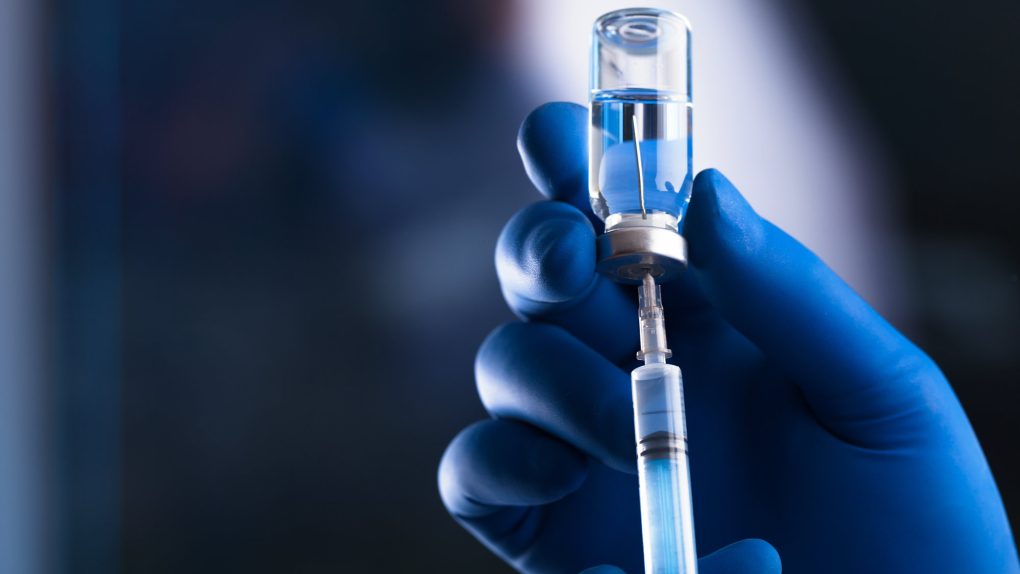- The CDC has quietly informed officials in all 50 states as well as in a handful of large cities to be prepared to distribute a coronavirus vaccine as soon as late October or early November.
- There’s still no guarantee a vaccine will arrive by that time, but this news is likely to fuel speculation that a vaccine is being rushed to help President Trump’s re-election chances.
- The CDC’s coronavirus vaccine recommendations suggest prioritizing high-risk groups and health care workers.
In a piece I wrote back in July
, I tried to guess which news events might turn into this year’s “October surprise” and shift the outcome of the 2020 presidential election. And the US Centers for Disease Control and Prevention (CDC) may have just added something else to the list of possibilities.
According to a new report from The New York Times, documents the CDC sent out last week have alerted public health officials in all 50 states to be prepared to start distributing a coronavirus vaccine as soon as early November or possibly even late October. The stipulation is that the planning by the states should focus on how to deliver a vaccine to high-risk groups and front-line health care workers right away.
That timeframe, though, is what’s most revealing. Some of you reading this, for example, will look at the news and be convinced that a coronavirus vaccine — especially one that arrives right around or a little before Election Day 2020 — is being rushed to help President Trump’s re-election odds. Others may see this as bolstering Trump’s case that he’s handled the pandemic as well as he insists — the larger point being, it’s unfortunate that almost every major development throughout the coronavirus pandemic has come with a partisan sheen over the news, such that people use it to confirm whatever they already believe.
Indeed, infection prevention epidemiologist Saskia Popescu told the NYT about the news of an imminent vaccine: “This timeline of the initial deployment at the end of October is deeply worrisome for the politicization of public health and the potential safety ramifications. It’s hard not to see this as a push for a pre-election vaccine.”
Additional details to know about what the CDC quietly told state health officials about the upcoming vaccines:
In these documents (1, 2, and 3) that were sent to every state, as well as officials in New York, Chicago, Philadelphia, San Antonio, and Houston, scenarios lay out details for the distribution of two unspecified vaccine candidates. Both of them require doses a few weeks apart from each other, and the recommendation is that hospitals, mobile clinics, and related facilities offer convenient access to high-risk groups, health care workers, and national security employees.
“Limited COVID-19 vaccine doses may be available by early November 2020,” one of the documents reads, “but COVID-19 vaccine supply will increase substantially in 2021.”








